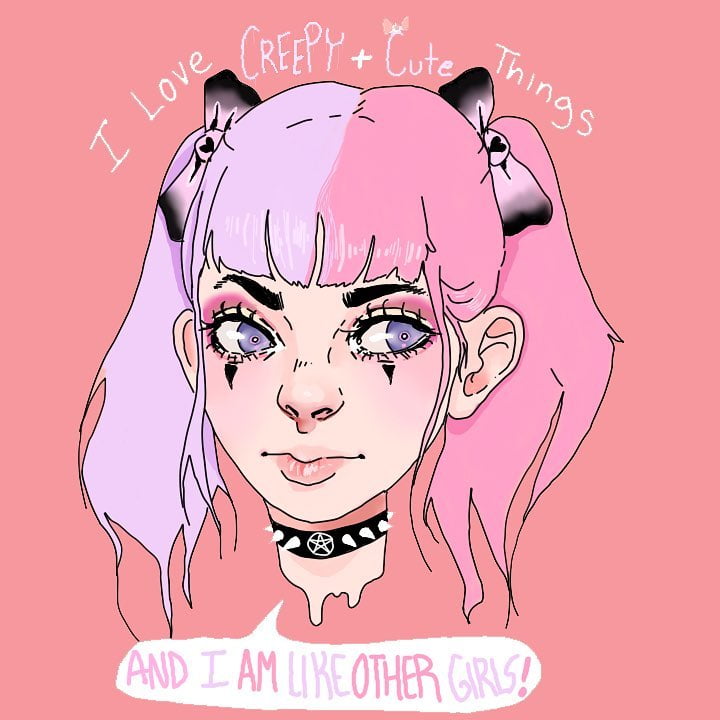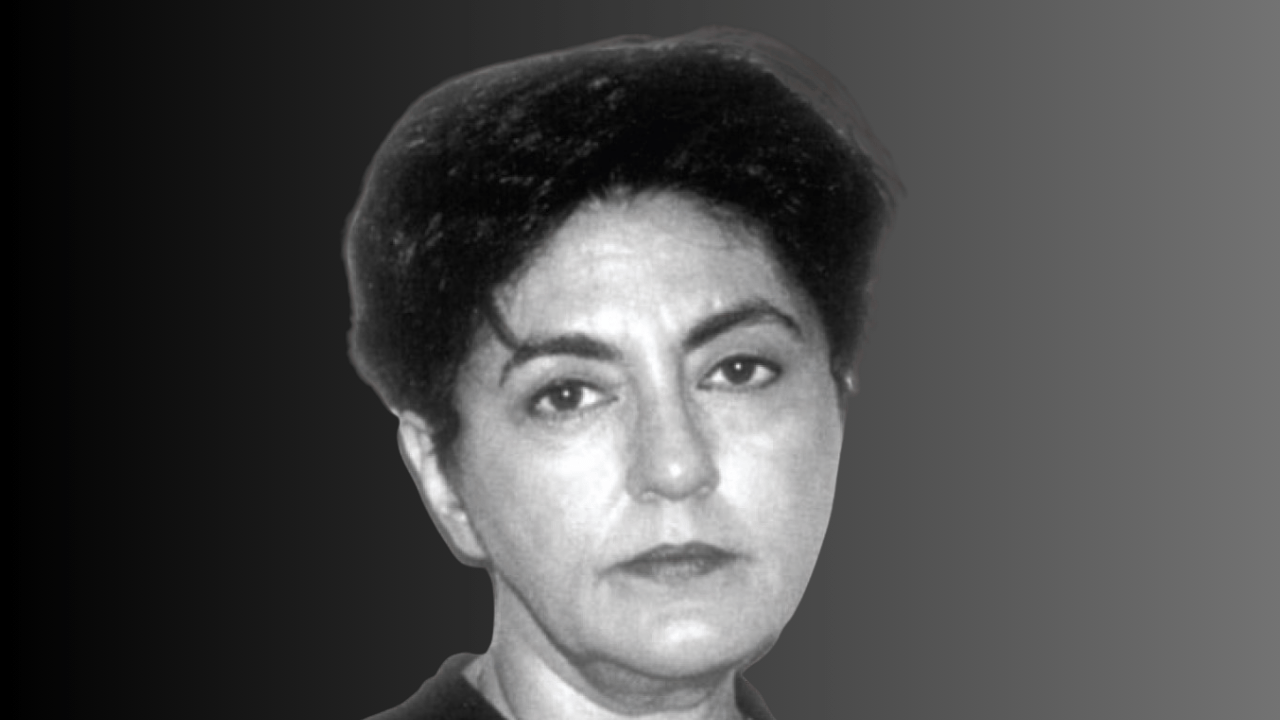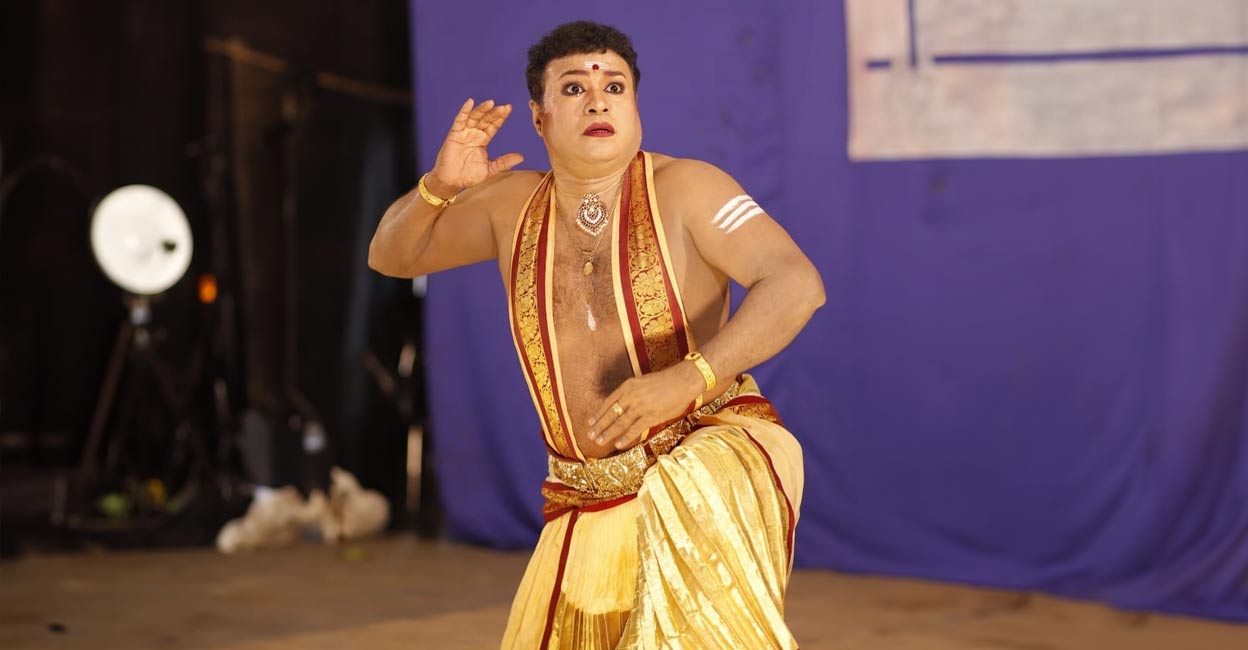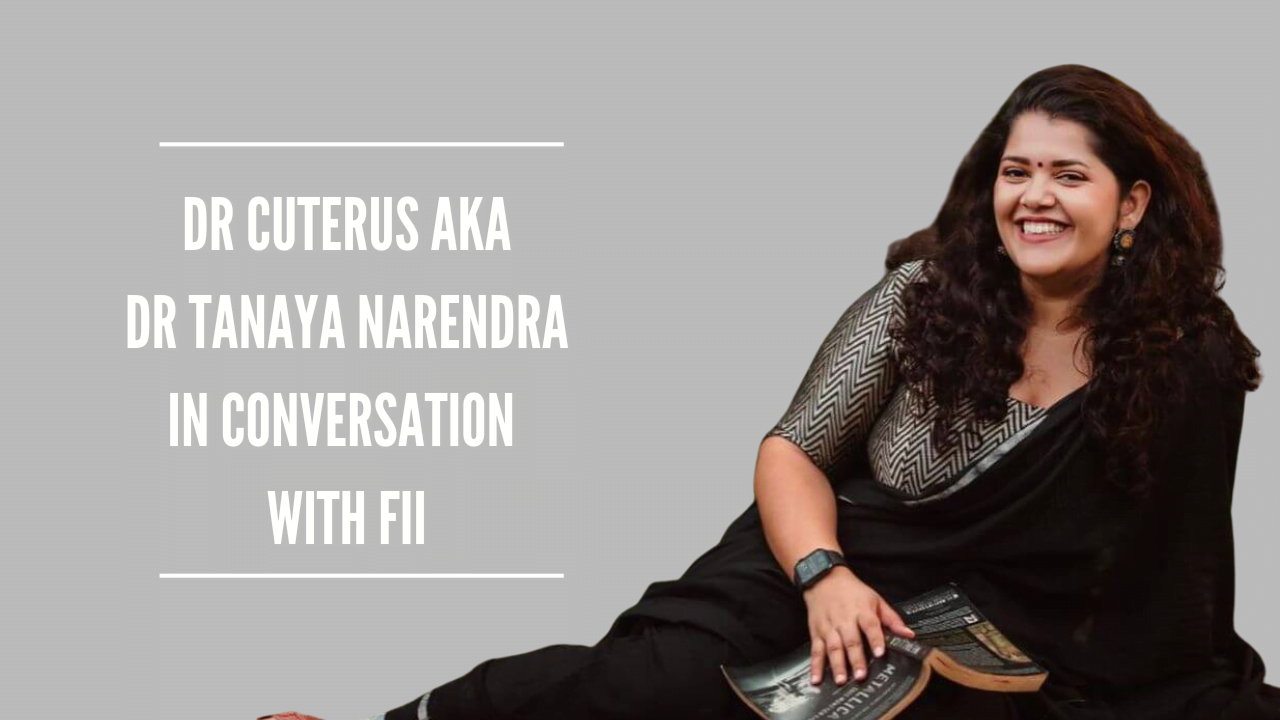Artists Tara Anand and Ellie Lee are on a roll! In less than a week, their Instagram handle I Am Like Other Girls rose to immense popularity with women everywhere pouring out what makes them different in a show of solidarity.
The project involves using the caption I Am Like Other Girls against a mention of personal quirks and humorous artistic representation of the narrator. The artists started the handle in hopes of helping people realize that the “individuality” in a woman need not be an instrument to alienate herself from womanhood. The project is aimed at breaking the pigeonholing of femininity into a specific set of behaviour.
Anand and Lee have reached out to an audience across ethnicity, religion and sexuality through their work. We invited both of them to a tête-à-tête on art, feminism and more over email.
Udita Chakrabarti: Tell us a bit about yourselves. What are the creators of I am Like Other Girls like when they are not publishing fascinating artwork?
Both: Our names are Tara Anand and Ellie Lee. We’re 19 and 18 respectively and we both study illustration at the School of Visual Arts in New York (NY). Tara is from Mumbai and Ellie is a Korean-American artist born in NY.
Ellie has worked on numerous personal projects in the past. Her personal work tends to rely on narratives and personal experiences. However, she is also a part of the team of Susie Magazine, which is an activist-based art and literary collective for women and non-binary folk. She also hand-makes and sells jewellery under RetroBabeOfficial. You can find her on Instagram and Etsy.
Tara is from Mumbai and her work consists of narrative, character-focused illustrations inspired by literature, history and cities. Both Ellie and Tara are very involved in the zine-scene and you can probably find them in Bluestockings under a pile of zines drinking hot chocolate.
UC: Since when have you identified as a feminist? Is there any story behind that?
Tara: I’ve had an incredibly progressive and liberal upbringing which I guess you could have called feminist, but I’d never heard the word at home. I also went to an all-girls school which was very important in shaping my attitude towards my own gender (and the school itself provided us with empowering role models and encouragement across fields. We were never pigeonholed). As a result of these two things, when I came across the word feminist on the internet as a kid, I immediately wanted to identify with it even if I didn’t necessarily understand it very well then.
Ellie: For some reason, we identify femininity as being bad. When I was younger, people would tell me that how many skirts you had in your closet revealed how girly you were and the more girly you were meant the more shame you received. Back then, I just took it as it was because I didn’t know any better. But looking back now, doesn’t it seem stupid? Why do I have to be ashamed of having 3 more skirts than my friend over there? Why is it a bad thing to like the colour pink?
To my younger self, who grew up in an Asian immigrant family and was taught Christian values, the idea that women were meant to behave a certain way was always kind of there, even if it was subtle or vague (and sometimes it wasn’t). That’s why when I started questioning these standards and finding them to be untrue, I was able to become more confident and comfortable with myself around others. I think that’s the beauty of an ideology like feminism – it helps you come to terms with things you otherwise wouldn’t have and asks you to challenge it.
UC: Have you ever individually been at the receiving end of divisive labels?
Tara: I tend to have the bad habit of labelling myself as “not the kind of girl who does x or y” and so people tend to respond to the divisive labels I impose on myself.
Ellie: Oh yeah, labels like “girly-girl” and “tomboy” were pretty prominent throughout my childhood. But even titles like “feminist” have been given to me – as an insult. I know people who have scorned me for identifying as a feminist – like, how dare I??
UC: I Am Like Other Girls celebrated reaching 1000 followers last month. within a very short time of its inception. How did you conceptualize it and what did you initially hope to achieve?
Ellie: It all started when we had a very intense conversation with our friends about something we heard someone say about not being like “other girls”. We were upset by the fact that many girls would go around saying things like “girls are petty and there’s always so much drama.” The fact is that phrases like this are so normalized in society, that we don’t even realize the damage it’s doing.
Think about how much hate for your own gender you must have been taught growing up to cast it away like that? So that’s when Tara suggested that we should do something to help create solidarity in womanhood! We were so shocked when we realized how many people felt the same way as we did.
Tara: We really just wanted to create a platform that girls could identify with, we never imagined the volume of responses we would get or the rate at which it would grow! We were expecting slow going and that the project would be long drawn out but we’ve already had to close submissions for the foreseeable future simply because of the volume!
UC: You invite submissions by others and have recently welcomed two new members in your team via applications. How do you execute your work as a team?
Tara: We really enjoy seeing artwork by people and we always maintain the integrity of the portrait they submit to us so we pretty much post them as is. Our team is placed all over the world so we communicate largely over Instagram groups and email and have a Google calendar that we try to stick to as much as possible, haha.
UC: As artists, how do you feel about interconnecting illustrations with feminism? Have you faced any challenges so far?
Tara: Personally I think it’s essential for my art to be something through which I can express what I believe in and so I inevitably want to express a feminist sentiment in my work, even in the smallest of ways.
Ellie: I feel art is inevitably tied to how you view things because it’s a very communicative form of media. But it’s not always about how you tie your feminism to your art, but how you use your feminism for your art. While you may not always need your feminism in the studio, as a female artist, you’ll always need it when you share your piece because not everyone is ready to receive it.
UC: What kind of art form do you personally like? Are there any other art projects you are currently working on?
Tara: I love working with gouache and watercolours (if this question is about media) but I’m fascinated by film and weaving!
Ellie: Personally, I am most comfortable working with traditional media. I love charcoal, oil pastels, coloured pencils and gouache. However, I like to experiment with film and video, because I love movies and cinematography. I also make jewellery and sell them on my Etsy shop (RetroBabeOfficial) and I love experimenting with makeup. Makeup is also an art form. You can ask Tara – I’ve even experimented on her before!
UC: How do you feel about representing sexual and gender minorities through art? Will we expect more from you in this regard?
Tara: As mentioned, I feel it’s important for one’s art to reflect what they believe so I hope to continue in this vein. However, my scope would be fairly limited as I don’t really belong to a lot of gender minority communities, I wouldn’t want to speak over people who actually do and undermine their experience with my voice.
Ellie: Of course, it’s very important. Both of us understand that we need to respect people who feel out of place because of their gender or sexuality. However, we cannot speak for them, because we are not them, and therefore we want to help those who want to speak out for themselves.
UC: Lastly, do you wish to take I Am Like Other Girls beyond Instagram? What are your future aims?
Tara: Right now the plan is to just stick to Instagram but we would love to have some sort of material impact with the project.
Check out I Am Like Other Girls on Instagram. We hope the project has a lasting impact on everyone and wish the artists good fortune on their endeavour.
Featured Image Credit: I Am Like Other Girls




